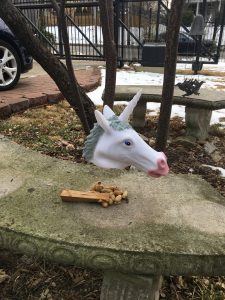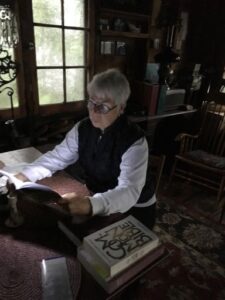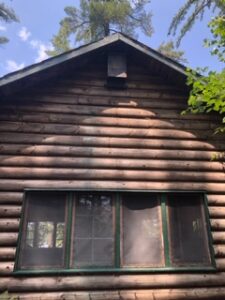“O’er the land of the greed, and the home of depraved!” That’s the line that popped into my head as I surfed the headlines this morning. Is it original, or was it merely stored in the back of my brain from past reading? I don’t know. It’s clever. It’s pertinent. It’s unpatriotic. And I don’t believe it.
America (and I mean the United States of America) suffers now in the midst of infernal combustion: the combustion of ideas and forests and weapons. The combustion of one culture creating sparks against another. We are embroiled, as it were, in the troubles and perils of the entire planet.
Of course, it’s been this way ever since the Big Bang. Ours is a tiny planet, after all, in the scheme of the universe. Those of us who believe in evolution might sense the impossibly imperceptible changes occurring eon by eon that might eventuate in bacteria ruling the planet (again). Those tiny beasties already outweigh the people on the earth. Human life–or even human consciousness apart from “life as we know it”–might be getting ready to leave its earthly origins for some other form of existence as we find a way to leap off into space. Is this encouraging, or not??
From an evolutionary perspective, nothing can save us from self-inflicted destruction. Human beings have been pillaging nature ever since we picked up a stick with our grasping hands and learned how to stand up and run away from lions and tigers and bears. But we have yet to incorporate into our minds the wisdom of the ancients that says, without exception, “human and divine are one.” Our rituals and religions and familial connections have developed a capacity in us, with the facility of language, to shape us in that direction. But we have a long way to go to become one with each other, let alone the divine, before we literally burn ourselves up.
So, back to the quip that launched this essay. Americans are greedy. With our imagination, our innovation, our entrepreneurial spirit, we’ve been busy and productive, and we think we deserve to hang onto the stuff those efforts have created. To claim a share of the stuff is one reason people from other parts of the planet want to come here. They want to bring their own capabilities and to fish their own rewards out of this same pool of opportunity.
I say, what’s the problem with that? There’s room. In the lingo of today, this is not a Zero Sum Game. What you get does not diminish what I get. What I give does not diminish what I have. In fact, it probably increases it. Even the Bible is clear on this: “…give, and gifts will be given to you. Good measure, pressed down, shaken together and running over, will be poured into your lap; for whatever measure you deal out to others will be dealt to you in return.” (Luke 6:38) Sounds like a very good deal to me!
As for depraved? Definitions of “depraved” may be subjective. Personally, I think football skirts the edge, judging by the violence, the brutality, and the facial contortions on and off the field. However, I do not make light of the human history of torture, slavery, murder, and wanton destruction. We can’t simply avert our eyes from the headlines and be done with it. For now, I leave the decision about what you are meant to do about it here and now right there in your own heart. For comfort and guidance, I offer another bit of semi-ancient wisdom, from a Biblical writer: “And now, my friends, all that is true, all that is noble, all that is just and pure, all that is lovable and gracious, whatever is excellent and admirable—fill your thoughts with these things.” (Philippians 4:8)
Find something like that every single day and fill your mind with it, if even for a few minutes. You’ll evolve well.










